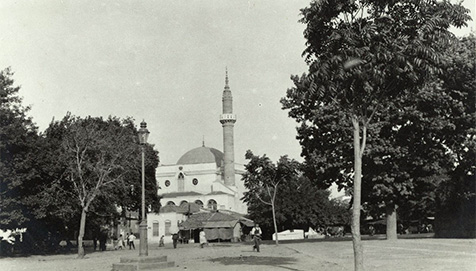Trial by Fire. Ottoman Nationalism in Transition from Empire to Republic, 1908-1931
This study deals with a critical historical juncture in modern Turkish history when, in the final years of the Ottoman Empire and the first decades of the Turkish Republic, the need for new formulations and imaginaries of the nation came into being amidst dramatic changes and traumatic events: revolution, war, ethnic cleansing, the end of empire, and the construction of a new national beginning. Using various kinds of primary source material, this complex, multi-layered process of nation-building and national identity formation in Turkey is analysed and discussed.

Underlining the processual aspect of national identity formation in Turkey, this study suggests an alternative periodization than the usual empire/republic divide regarding nationalism in Turkey. Consequently, the late Ottoman period is presented as the very foundation and an integral part of the same process, rather than mere historical background to the republic, as it is often depicted. Through engaging in this processual examination of the Ottoman Turkish nation-building and identity construction, the investigation seeks to highlight the variety of concepts and trajectories in existence at the time, playing themselves out in a complex web of inclusionary/exclusionary processes and alternative ways of constituting and conceptualising the nation, and how these various routes were dealt with, discussed and formulated amongst the actors involved. In this regard, a basic point is raised: the continuation of what are supposed to be older forms of identity in existence in the late Ottoman period - Ottoman and Muslim in particular - into the republican era, and their interaction with the “new”, Turkish nationalism.
2020 in press. Trial by Fire. Ottoman Nationalism in Transition from Empire to Republic, 1908-1931 (Modernity, Memory and Identity in South-East Europe). London: Palgrave Macmillan.
2013. Atatürk og den tyrkiske revolution. Aarhus : Aarhus Universitetsforlag
Researcher
 Abdullah Simsek
Abdullah Simsek
Affiliate
Contact

Abdullah Simsek
Affiliate
Department of Art and Cultural Studies
University of Copenhagen
